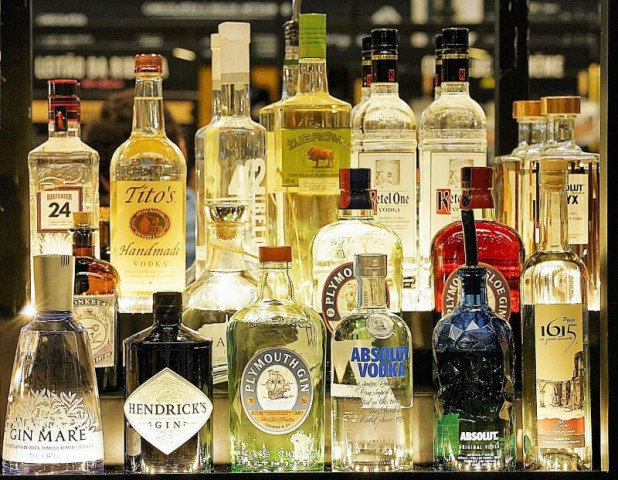RIYADH, Monday, May 26, 2025 (WNP): Saudi Arabia has firmly denied recent claims by some foreign media outlets suggesting that the Kingdom plans to legalize alcohol sales starting in 2026, calling the reports unfounded and inconsistent with current policies.
According to informed Saudi sources speaking to Arab News, “these claims lack any official confirmation from the relevant authorities and do not reflect Saudi Arabia’s existing laws or regulatory framework.”
The sources emphasized that while Saudi Arabia continues to implement its ambitious Vision 2030 agenda, particularly in transforming the tourism sector, the Kingdom remains committed to providing visitors with a culturally rich and authentic experience that aligns with local values and traditions.
“This approach has resonated positively with international travelers, who are drawn to Saudi Arabia’s diverse landscapes, historical landmarks, and heritage sites,” the sources added.
Addressing questions about alcohol regulations for non-Muslim diplomats, the sources clarified that the Kingdom has introduced a new framework for ensuring transparency and accountability in diplomatic shipments. Under these updated protocols, embassies representing non-Muslim countries are no longer permitted to import alcohol or certain restricted items through diplomatic channels.
However, they noted that controlled and regulated access to such items remains available under strict compliance measures to prevent abuse and ensure adherence to local laws.
The officials also highlighted the robust growth of Saudi Arabia’s tourism industry. In 2024, the Kingdom recorded 29.7 million international tourist arrivals – an 8 percent increase from 27.4 million in 2023. Total tourism spending, both domestic and international, reached 283.8 billion Saudi riyals, with foreign tourists contributing 168.5 billion riyals.
“These figures underscore the critical role of tourism in driving economic diversification and sustainable development,” the sources said.
Saudi Arabia’s tourism strategy continues to prioritize cultural authenticity while expanding infrastructure and hospitality offerings to attract a broader global audience, without compromising on national identity and societal values.




